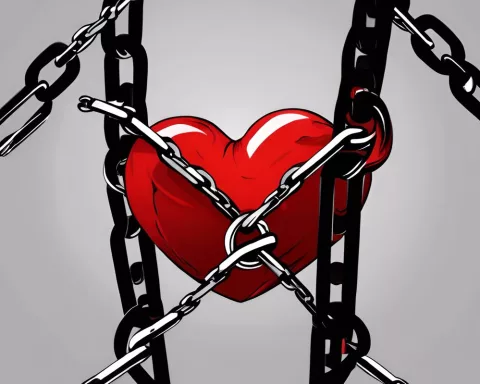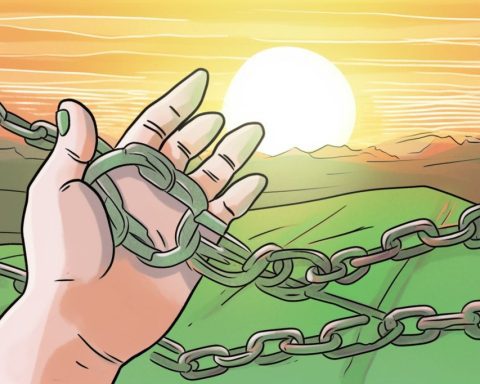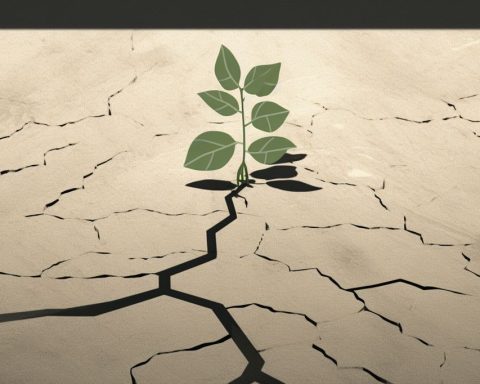The release of Oscar Pistorius has sparked a global conversation about violence against women, reigniting discussions on the issue. The case is being handled according to global legal norms, with a focus on a fair trial and the presumption of innocence until proven guilty beyond reasonable doubt. South Africa’s dedication to restorative justice is reflected in Pistorius’s release terms, which include participation in anger management and gender-based violence therapy. Despite this, there has been resistance to the decision to grant him parole, with women’s advocacy groups arguing that his release sends a problematic message. The case serves as a reminder of the ongoing need for thorough due process and societal self-examination in addressing issues as profound as violence against women.
The impending release of Oscar Pistorius, previously a celebrated Paralympian champion but now a convicted killer, has generated a range of reactions across the world. It has also reignited discussions on the issue of violence against women. Pistorius, who was sentenced to 13 years in prison for murdering his girlfriend, Reeva Steenkamp, has served half of his sentence and is preparing for parole.
The Pistorius Case within Global Legal Norms
The Pistorius case is unfolding under the umbrella of global legal norms, such as those established by the European Union. These norms emphasize the principles of a fair trial and the presumption of innocence until proven guilty beyond reasonable doubt. EU countries, including Cyprus, strive to protect the rights of the accused while ensuring justice for victims. It reflects a worldwide effort to promote victims’ rights within the framework of universal human rights.
South Africa’s Dedication to Restorative Justice
In line with South Africa’s dedication to restorative justice, Pistorius’s release terms include requirements for his participation in anger management and gender-based violence therapy. The terms also prohibit any contact with the media and alcohol consumption to regulate his behavior upon re-entering society. These measures align with rehabilitation ideals and promote public safety.
Resistance to the Decision to Grant Pistorius Parole
Despite these conditions, there has been resistance to the decision to grant Pistorius parole. Women’s advocacy groups and social media commentators argue that his release sends a problematic message. It suggests that the consequences faced by those found guilty of violence against women may be deemed insufficient, even after serving time. This global conversation highlights disagreement and apprehension over the potential of setting future legal precedents.
The Need for Thorough Due Process and Societal Self-Examination
The Pistorius case serves as a reminder of the ongoing need for thorough due process and societal self-examination in addressing issues as profound as violence against women. The manner in which justice and rehabilitation are provided henceforth will continue to be a topic of intense public scrutiny. The case serves as a sobering reminder of the ongoing dialogues on justice, rehabilitation, and the societal consequences of violence against women.
1. What has the release of Oscar Pistorius sparked a conversation about?
The release of Oscar Pistorius has sparked a global conversation about violence against women, reigniting discussions on the issue.
2. What legal norms is the Pistorius case being handled according to?
The Pistorius case is being handled according to global legal norms, such as those established by the European Union, with a focus on a fair trial and the presumption of innocence until proven guilty beyond reasonable doubt.
3. What is South Africa’s dedication to justice reflected in Pistorius’s release terms?
South Africa’s dedication to restorative justice is reflected in Pistorius’s release terms, which include participation in anger management and gender-based violence therapy.
4. Why has there been resistance to the decision to grant Pistorius parole?
There has been resistance to the decision to grant Pistorius parole, with women’s advocacy groups arguing that his release sends a problematic message. It suggests that the consequences faced by those found guilty of violence against women may be deemed insufficient, even after serving time.
5. What does the Pistorius case serve as a reminder of?
The Pistorius case serves as a reminder of the ongoing need for thorough due process and societal self-examination in addressing issues as profound as violence against women. The manner in which justice and rehabilitation are provided will continue to be a topic of intense public scrutiny.












